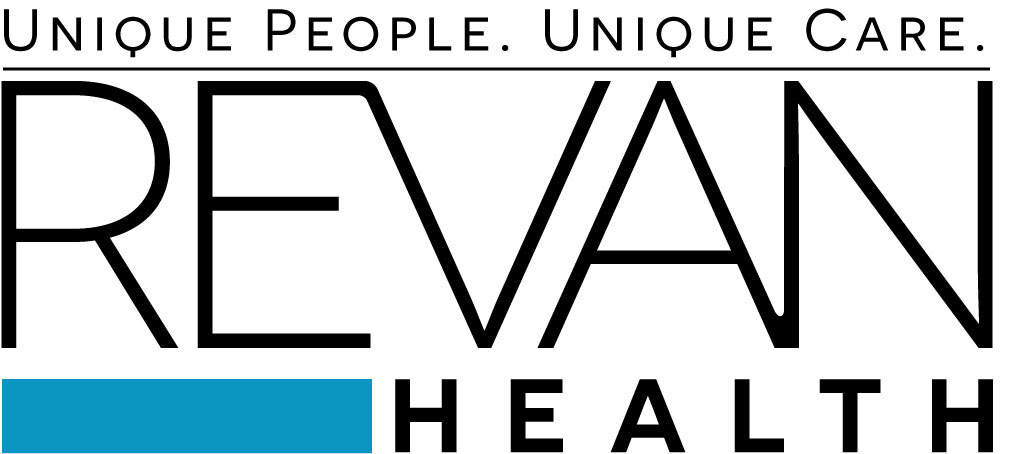Sleep apnea is a common sleep disorder in which breathing stops and starts throughout the course of the night. It affects millions of people throughout the world. If you know you snore and you wake up groggy after a full night's sleep, you could have sleep apnea. Left untreated sleep apnea can lead to some serious complications. Let’s take a look at the symptoms of sleep apnea and some tips and treatments.
The most common symptoms of sleep apnea include:
· Loud snoring.
· If you sleep with a partner, they may notice you stop breathing at times during sleep.
· Waking in the night gasping for air.
· Awakening with a headache and/or dry mouth.
· Trouble staying asleep or waking up often during the night.
· Feeling extra sleepy during the day.
· Trouble focusing during the day.
· Irritability.
Sleep apnea can affect anyone but there are certain things that elevate your risk:
· Being overweight.
· Having a thick neck.
· Having a narrow throat. Swollen tonsils and adenoids can contribute to this, but it can also be genetic.
· Being male. Men are more likely to have sleep apnea than women. However, a woman’s risk increases if they're overweight or have gone through menopause.
· Being older.
· Family history.
· Use of alcohol, sedatives, or tranquilizers, or using opioids.
· Smoking. Smokers are three times more likely to have obstructive sleep apnea than are people who've never smoked. Smoking can increase the amount of inflammation and fluid retention in the upper airway.
· Nasal congestion.
· Medical conditions like congestive heart failure, high blood pressure and type 2 diabetes may increase the risk of sleep apnea. Polycystic ovary syndrome, hormonal disorders, prior stroke, and chronic lung diseases such as asthma also can increase risk.
Things like losing weight, cutting back on alcohol, quitting smoking, sleeping on your side, and raising the head of your bed can all help lessen or alleviate symptoms of sleep apnea. If sleep apnea is serious enough, you may need a Continuous Positive Airway Pressure or CPAP machine to help you continue breathing throughout the night. A CPAP device delivers pressurized air that it filters from the room into the nose and mouth via a mask and motor in order to keep your airways open.
Untreated sleep apnea can cause a host of problems including depression, weight gain, and even heart issues. Reach out to your health care provider if you think you might have sleep apnea. Treatment can ease your symptoms and possibly prevent serious other complications.
Revan Health provides welcoming, respectful family medicine for all from infants to geriatrics. We understand the pain and frustration that comes with not feeling heard by your family care provider. We believe access to respectful care is key to improving medicine adherence and overall life satisfaction for our patients. Like us on Facebook or visit us at revanhealth.com.

